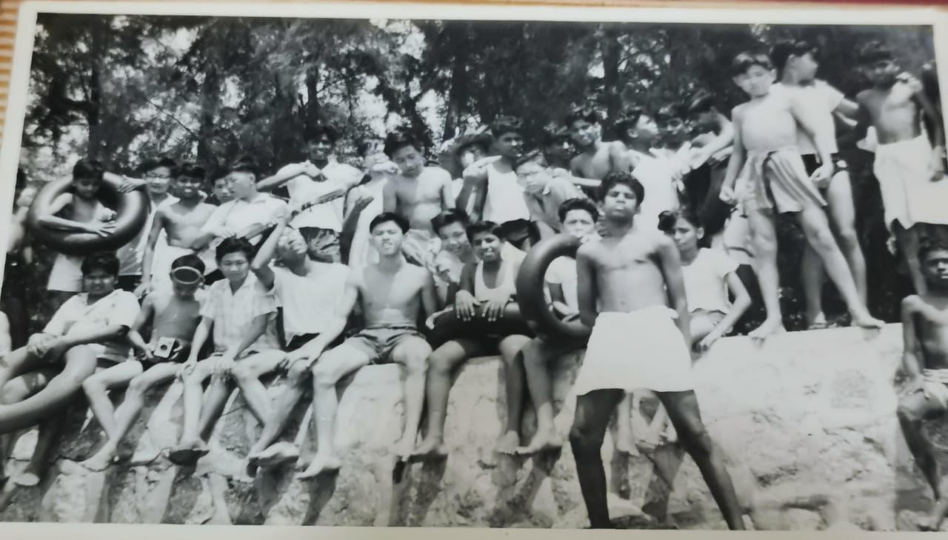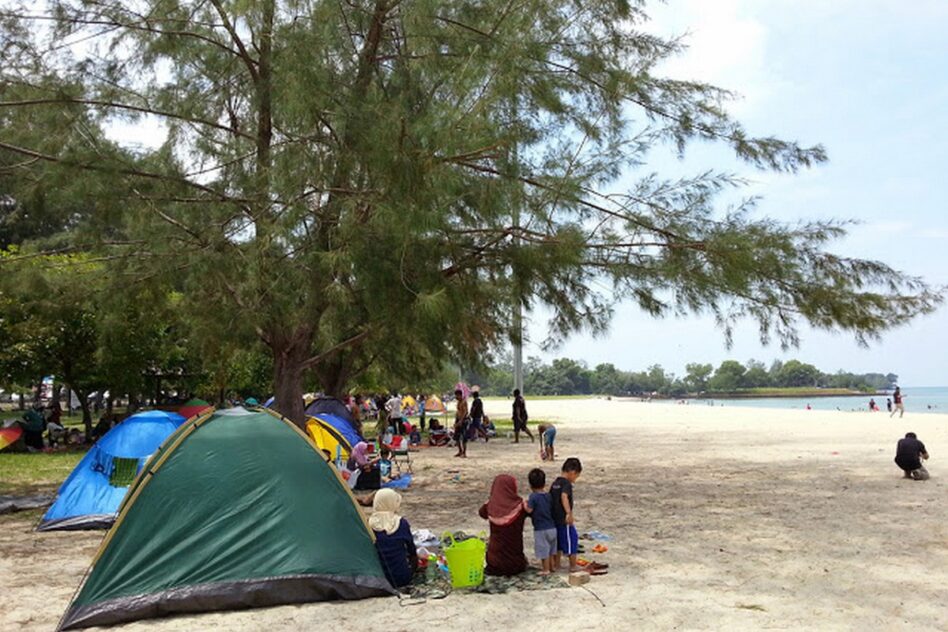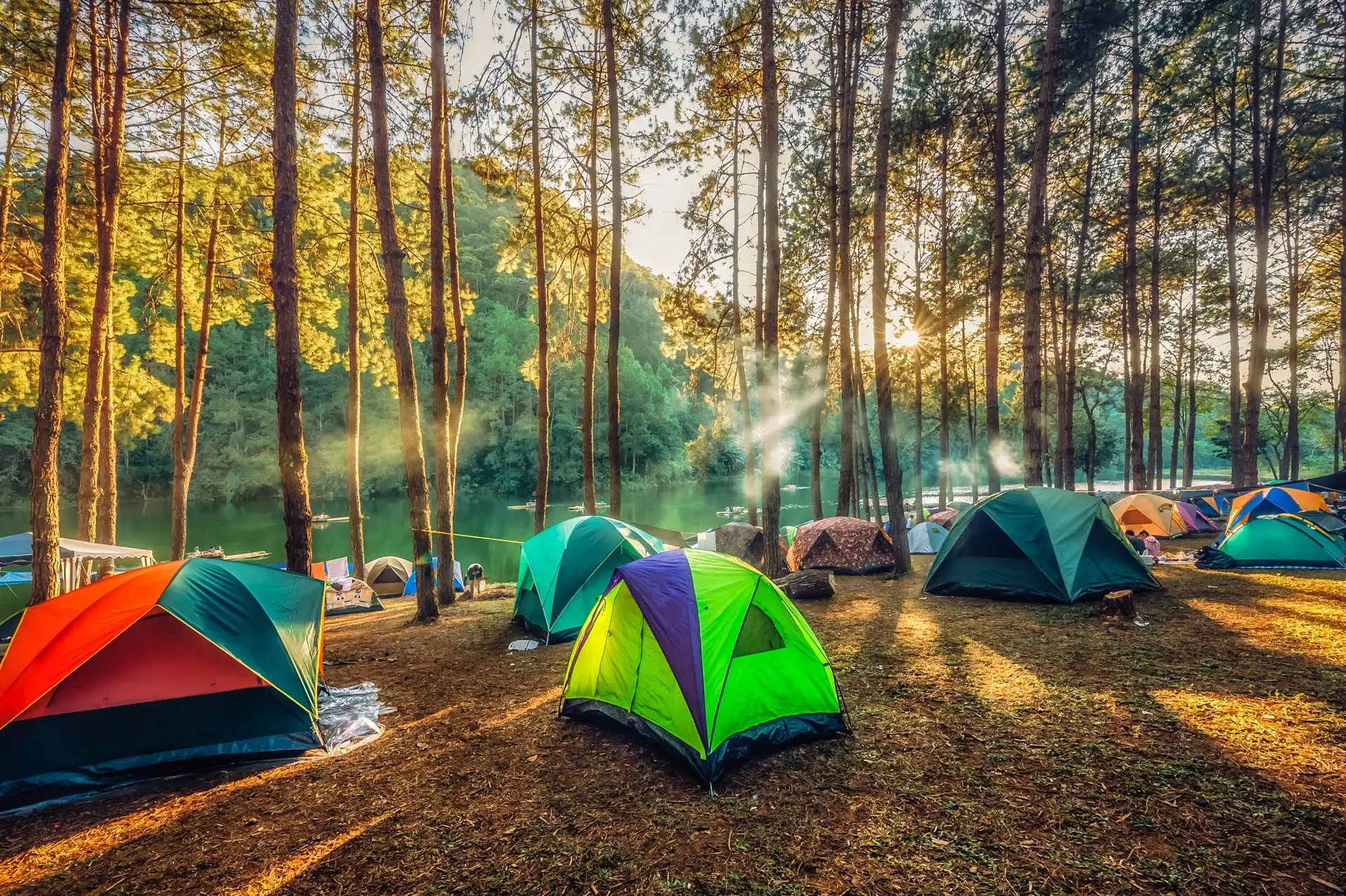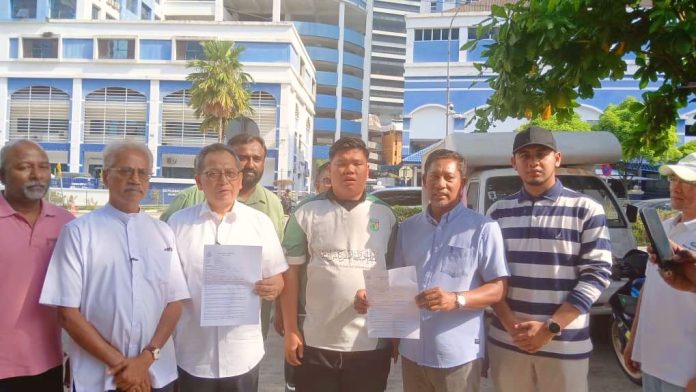THE report “No-camping regulation sparks public debate” sent me back in time to the 1960s when I was studying in secondary school at La Salle Klang.
Residents in Klang and Port Kang wishing to go to the nearest sandy beach would have to travel more than 45km to reach Morib.
There was no swimming pool in Klang and bus excursions were regularly organised to Morib and Ulu Langat, where the 78km long Langat River starts as a mountain stream and would end up discharging its fresh water and effluents into the Straits of Malacca not far from Morib.
I have camped under the tall Casuarina trees at Morib Beach. With my classmates, we first stayed overnight in the school the night before. After heavy rain, we caught dozens of frogs at the school field at night. Using our camping equipment, we slaughtered, fried and ate the frogs.
With friends, one of them stole the canvas covering from a lorry as we were too poor to buy or rent a tent. With camping gear, we pedalled all the way to Morib. During that period, there was a small palace at the beach and one of the campmates stole a jackfruit from the compound.
Later, the guards came to our camp but could not find any evidence. The unripened fruit had no odour and was not hidden inside the tent but cleverly concealed in the open. Morib’s beach is extremely flat and one has to walk a considerable distance to reach the waters at low tide.

Would I go camping again or recommend others to do so? The answer is no as the world has changed much. There may have been many wild animals and insects decades ago, but it is more dangerous today, with inconspicuous lunatics lurking around and criminals on the prowl.
Also, I will not swim in the sea as accidentally gulping down seawater will make you want to throw up. After emerging from the water, the skin will feel very sticky and one will need to shower right away. Unseen underwater currents make swimming in the open sea unsafe.
Recently, the Port Dickson Municipal Council started to enforce its no-camping policy on its beaches because of rampant littering, improper waste disposal, and habitat destruction caused by unregulated camping. Unsurprisingly, not everyone was happy with the ban.
Universiti Teknologi Mara tourism economics expert Prof Dr Mohd Hafiz Hanafiah was reported to have said, “Such strict bans may not strike the best balance. Other destinations have adopted regulated camping to allow for environmental preservation while still accommodating tourists.”
He said if the rule remains rigid, tourists might seek alternative locations with more relaxed regulations, adding that Malaysia risks losing its competitiveness as a coastal tourism destination compared with neighbours like Thailand and Indonesia. Over time, this could shift economic benefits elsewhere.
The expert further noted that viral campaigns in today’s digital era can significantly impact visitor numbers.
“This sentiment could push potential tourists to other destinations,” he said, adding that local businesses, including food vendors, tent rental operators and accommodation providers are already feeling the pinch.
However, I have a different perspective on picnics beside a mountain stream or camping at the beach. Sixty years ago, we brought along what we needed to eat, drink or cook, without buying anything in Ulu Langat or Morib. It is not much different today or anywhere around the world.
I would describe picnicking and camping as more of a recreational activity than tourism, which is big business and involves much expenditure, with the major sectors being shopping, food and beverage, paid accommodations, and transport such as airline, rail, bus, taxi, and ferry operators.

Those offering campsites on private land for the public to enjoy glamping in safety, comfort and convenience are certainly in the tourism business. But recreationists that bring their own tents, supplies and almost all they need hardly contribute to the local economy.
Do I support the ban on camping at Port Dickson beach? Unequivocally yes, as it would be for the overall good. Apart from preventing parts of it being turned into a garbage dump, it will free up space for the public to enjoy and have unfettered access to the entire beach.
Also, I do not support any initiative to turn any public space into a caravan park with water and electricity supply, as the authorities would not be able to control it.
In no time, many old and immobilised vans will be parked there permanently, turning the area into a squatters’ camp.
Already, we are seeing dilapidated vans being converted into food trucks and left permanently at some discreet spots where passing traffic can stop, turning them into illegal roadside stalls.
Sadly, it is all too common for people to hog public spaces wherever and whenever they can. – Feb 10, 2025
YS Chan is master trainer for Mesra Malaysia and Travel and Tours Enhancement Course and an Asean Tourism Master Trainer. He is also a tourism and transport business consultant.
The views expressed are solely of the author and do not necessarily reflect those of Focus Malaysia.
Main image: Traveloka









